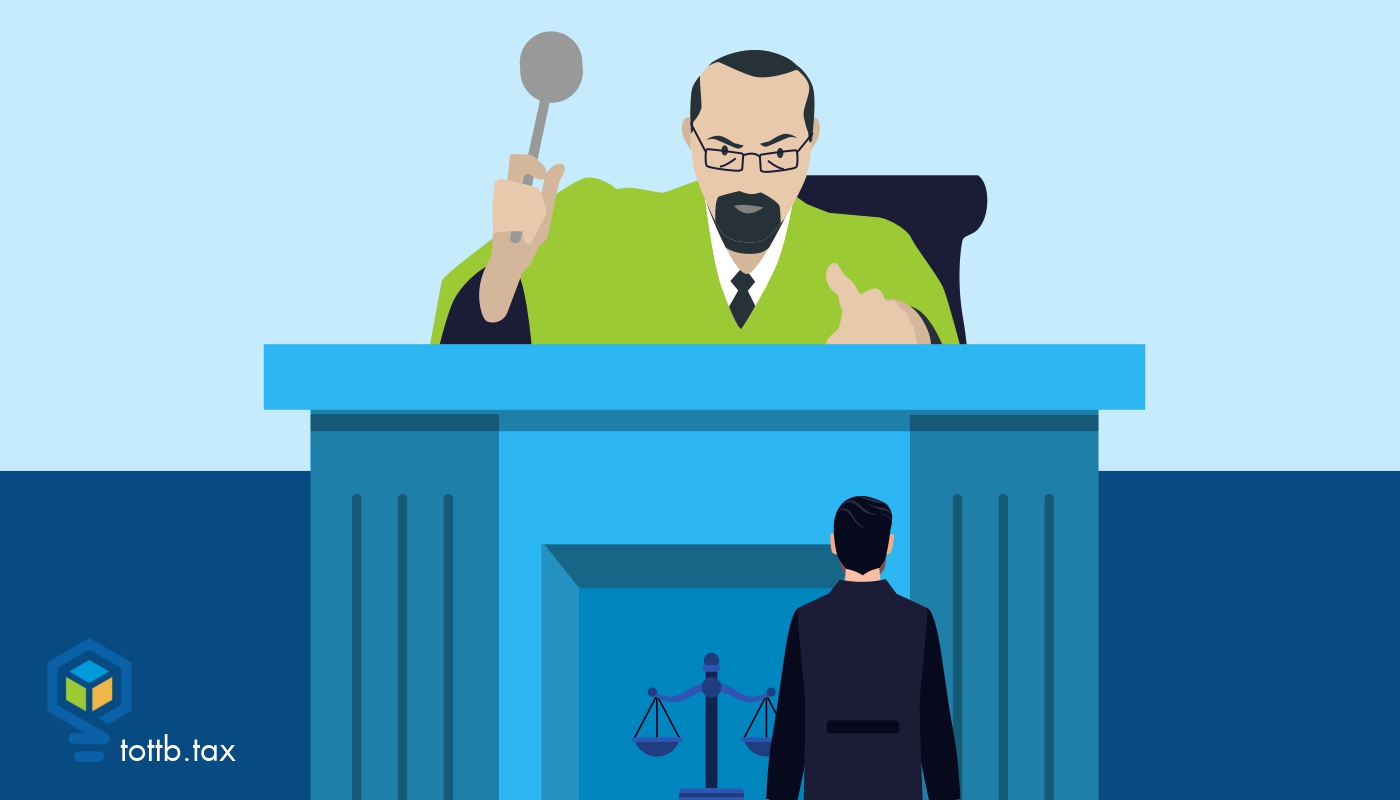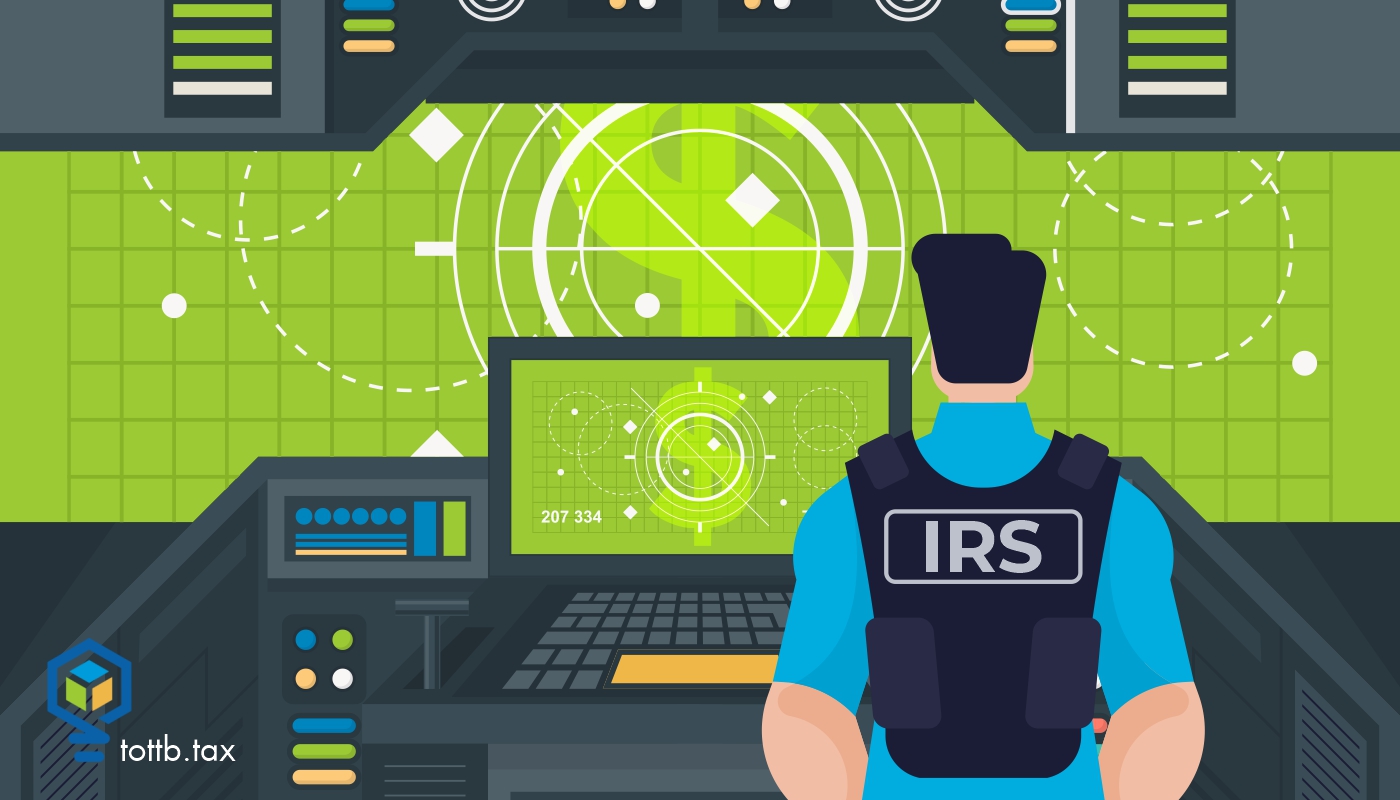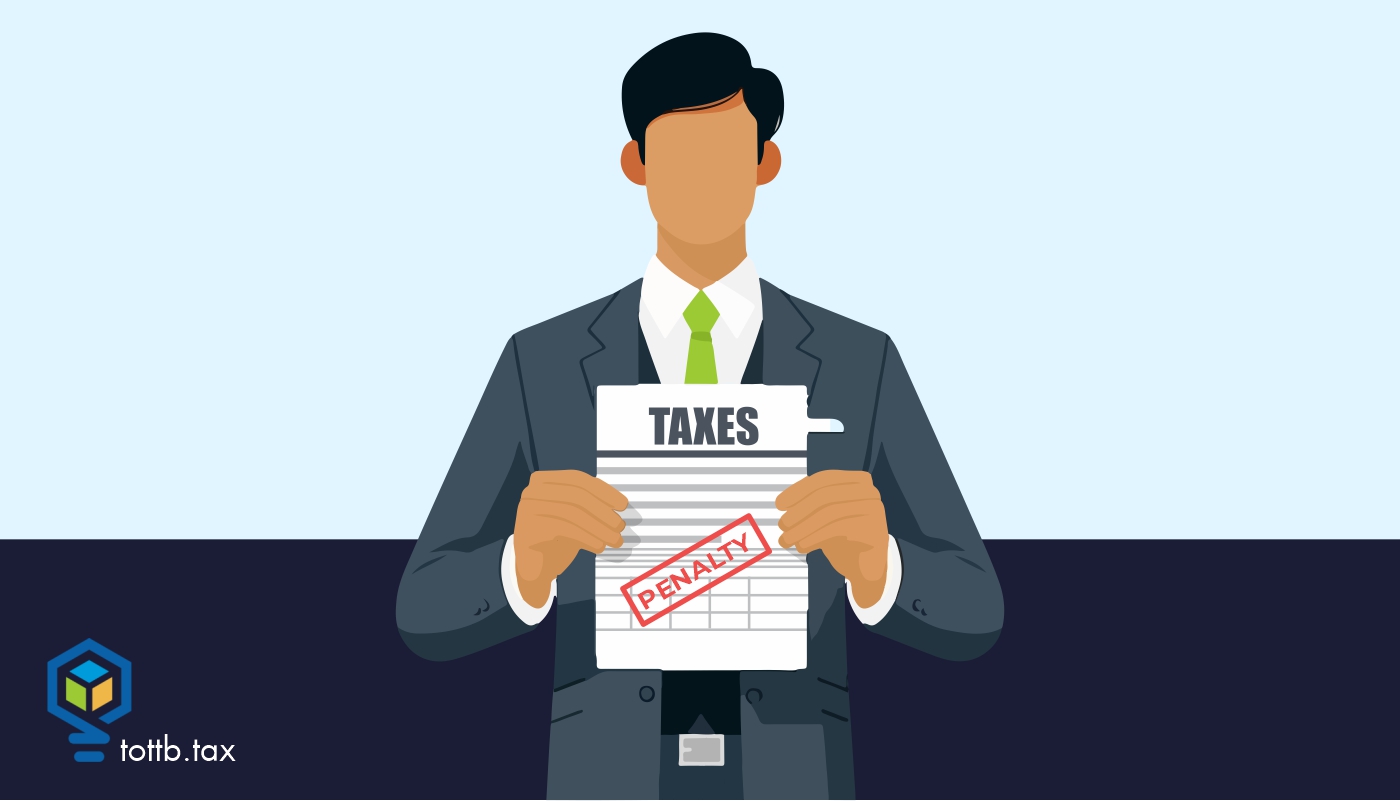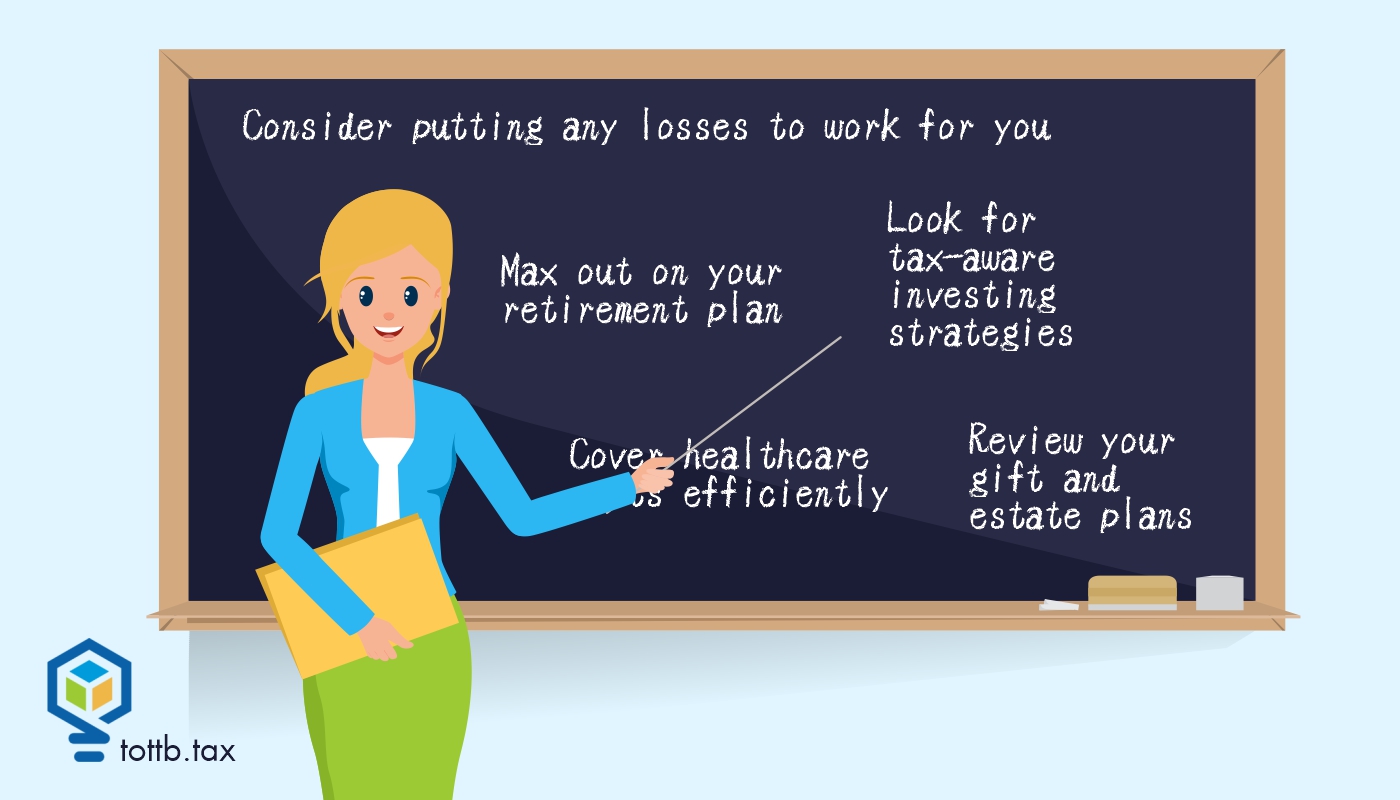CURRENT EDITION

Breaking Down Tax Benefits for Higher Education
With the rising cost of higher education and greater reliance on student loans, taxpayers are looking for every opportunity to ease the financial burden of earning a degree. Fortunately, several higher education tax benefits are available to help offset the high cost of tuition, student loans and other education-related expenses. However, certain eligibility requirements — such as income limits and tax filing status — often trip up taxpayers along the way. Understanding the nuances of these tax benefits for higher education can ensure your clients take full advantage of available tax savings.
READ MOREFrom The Government And Not There To Help You
The story of James J. Maggard has some interesting and possibly valuable lessons. The one that strikes me as particularly important is that it makes it crystal clear that disproportionate distributions contrary to a corporation’s governing documents will not blow its S election. That does not mean that disproportionate distributions are just fine and that you don’t need to address them. There is a practical lesson about being careful who you take on as fellow shareholders. And there is another slightly odd lesson, that almost makes me want to create a new law of tax planning: Don’t deliberately involve the IRS in your business disputes. Their job is not to help you.
Read MoreTax Policy and Reform Considerations for the Next President and 119th Congress
Something we never have a shortage of are proposals to change our tax systems. When it’s election time, we hear even more proposals, as well as how various parts of our tax system are flawed, usually due to actions or inactions of the opposing party. We also hear lots of incomplete statements, promises of tax changes too costly to be enacted, and ideas that will be replaced by the time the winner gets down to crafting a real set of tax and budget proposals. This article describes some of the tax proposals of the two presidential candidates along with suggestions on how we should analyze them against principles supporting effective tax systems, with highlights of some important facts seemingly missing from current tax discussions. These proposals are also relevant to members of Congress as to whether they support any of them and how they align with tax changes that the member would like to see enacted.
Read MoreTAX COURT ROUNDUP – October 2024
Much of what happens in Tax Court is run-of-the-mill. Once the tax general practitioner learns the jurisdictional limits and procedural moguls, s/he can advise clients whether to spend the sixty bucks and the certified mail fees when TAS, Examination or Appeals can't deliver an acceptable result. Following the Court's orders and opinions for a while should do that. I try to present the less-than-usual, below-radar points for generalists and specialists.
Read MoreTax Professionals’ Update: IRS Announces 2024-2025 Per Diem Rates—What You Need to Know
The IRS has released the updated per diem rates for the 2024-2025 period (IRS Notice 2024-68), which are now effective for business travel beginning October 1, 2024. These rates play an essential role in helping tax professionals and businesses substantiate the ordinary and necessary expenses incurred by employees while traveling for work. Here’s what you need to know about how per diem works, the effective dates of these changes, and a comparison of the new rates with last year’s numbers.
Read MorePopular Tax Shelter for the Ultra-Wealthy Comes onto the Radar
In a recent turn of events that has caught the attention of financial experts and policymakers alike, Senate Finance Committee Chairman Ron Wyden, D-Ore., has unveiled the results of an 18-month investigation into the use of Private Placement Life Insurance (PPLI) by the ultra-wealthy. The investigation, the first of its kind focusing on PPLI, highlights the use of these policies as a significant tax shelter mechanism, revealing the ways in which a small number of wealthy individuals are leveraging them to avoid substantial tax liabilities.
Read MoreDon’t Let the IRS Put Your Client in The Penalty Box
There’s only one thing worse than your client overpaying their taxes when you could have helped them – them not paying enough in taxes and having to deal with penalties as well. It's like adding insult to injury. There is only so much that we can do to help our clients avoid penalties. Educating ourselves, so we can educate our clients, is a big part of that. Penalties are inevitable, but that doesn't mean that the client must max out their penalties. But it also doesn't mean that we should not do our due diligence to avoid penalties where possible.
Read MoreRemind Your Clients About Higher-Education Tax Credits
A new school year is here and, for many families, so are the worries over the cost of tuition and other college expenses. The cost keeps skyrocketing every academic year, and these days that diploma comes with an average of almost $29,000 in debt for most graduates. Many of them also carry that debt well into middle age. Families paying for these educations need every break they can get. The federal government offers education tax credits (and other tax breaks on college costs), but don’t assume your client has the brain space at this stage of life to learn about them. Even your clients who can afford college would appreciate learning about ways to save on higher education. Here’s what to tell them.
Read MoreLeveraging LinkedIn for Accountants: Building a Strong Professional Network
Networking has transcended physical boundaries into a digital world in the last five years. Of all the social media platforms, LinkedIn stands out as ideal for professionals across industries to connect, engage, and build meaningful relationships. For accountants, leveraging LinkedIn effectively can be a game-changer in expanding their professional network, attracting clients, and establishing thought leadership. In this article, I will discuss how accountants can harness LinkedIn's power to enhance their visibility, credibility, and business success. Some features are only available in Business or premium membership. Still, I am providing you with all the resources LinkedIn offers. Let's get started.
Read MoreNOT A MEMBER YET?

SUBSCRIBE TO GET ALL OF OUR
GREAT ARTICLES AND RESOURCES!
CURRENT EDITION

Breaking Down Tax Benefits for Higher Education
With the rising cost of higher education and greater reliance on student loans, taxpayers are looking for every opportunity to ease the financial burden of earning a degree. Fortunately, several higher education tax benefits are available to help offset the high cost of tuition, student loans and other education-related expenses. However, certain eligibility requirements — such as income limits and tax filing status — often trip up taxpayers along the way. Understanding the nuances of these tax benefits for higher education can ensure your clients take full advantage of available tax savings.

Don’t Forget About the Refund Statute Expiration Date
Have you ever found an amazing strategy for a new tax prospect that they missed in previous years? Even worse, have you realized that you overlooked a client’s eligibility for a credit when you prepared their tax return? Not only that, but you had them make an unnecessary estimated tax payment. Well, it may not be too late for your client and prospect to take advantage of those credits for the year in question. The fate of your client isn’t sealed after filing their tax return. The IRS gives taxpayers a set amount of time to make a claim for a credit on their return. The IRS calls the date that this time sunsets the Refund Statute Expiration Date.
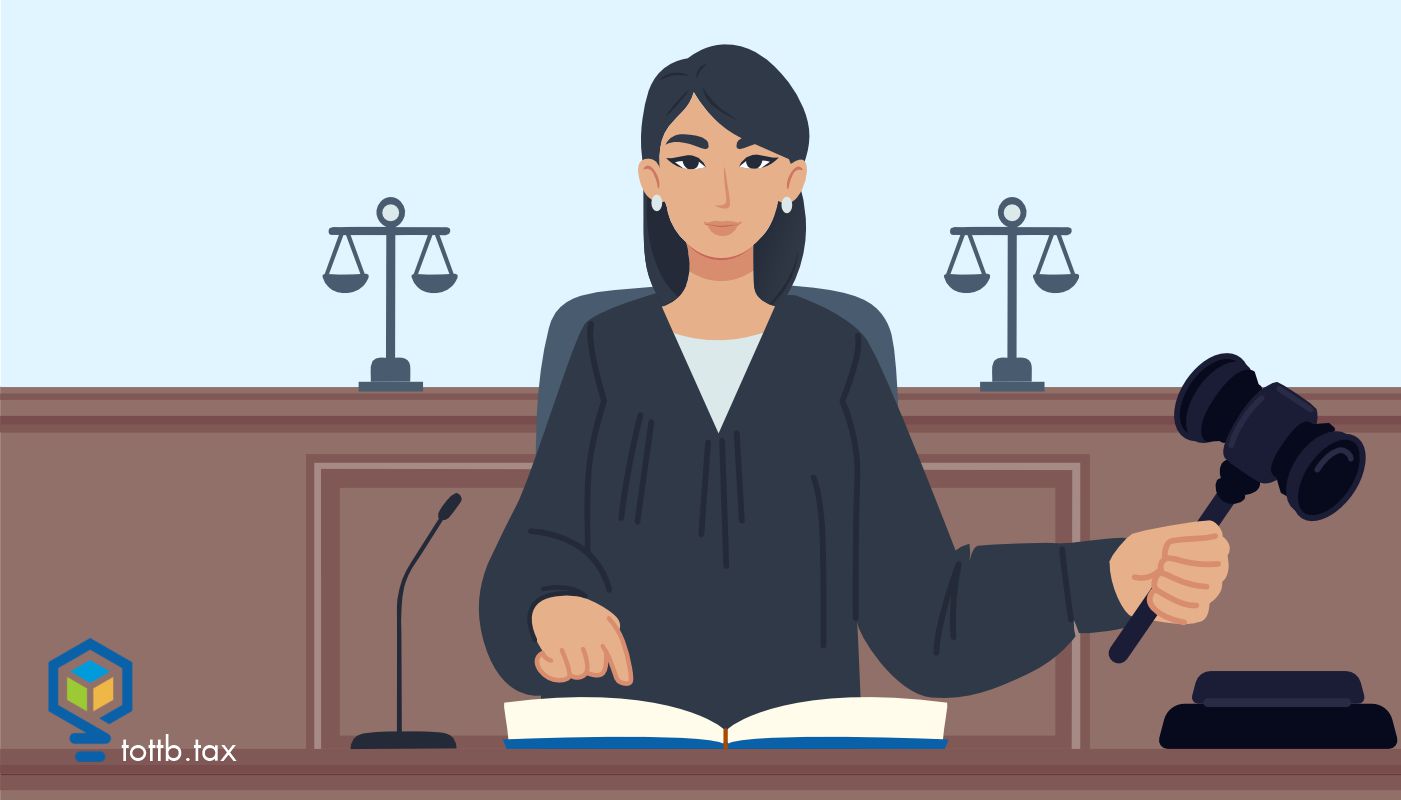
Syndicated Conservation Easement Promoters Continue to Lose In Tax Court
The Tax Court docket has been inundated with syndicated easement cases. In 2024, the IRS was mostly winning. That trend has continued in 2025. So far there have been three IRS wins. Here they are.

